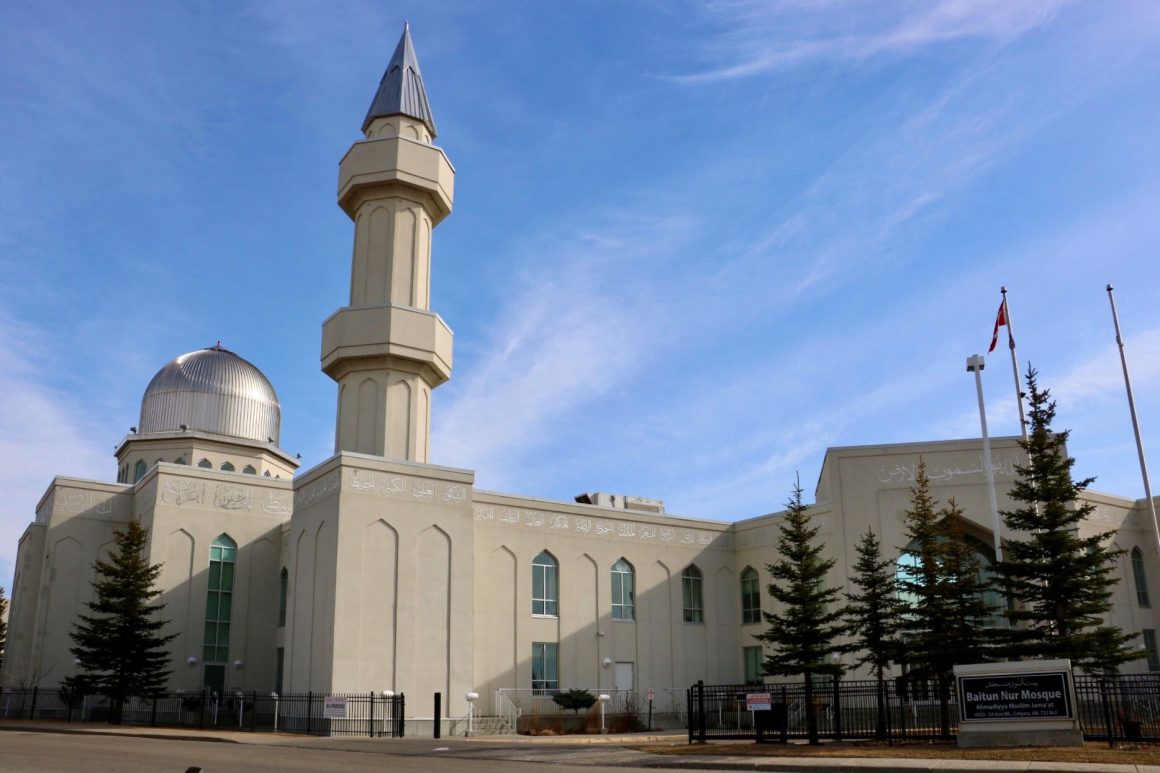
Questions of belonging and multiculturalism: Losing count of Islamophobic attacks
By Lamara Jaber, April 8 2022—
Multiculturalism contends the importance of inclusion, cultural and religious diversity and coexistence in political and social environments. However, this acknowledgment widely varies upon person, community and institution. Many Canadians see themselves and their country as a predominantly safe and welcoming exemplar on the world stage. However, as seen in many cases and issues, personal and collective ideals of a “progressive Canada” fall short.
Multiculturalism is a legality enshrined in the Canadian Charter of Rights and Freedoms accompanying safeguards from discrimination. Despite these structural and legal protections, there seems to be an increase and persistence in Islamophobic events in Canada. Here, the social imagery of communities, or even a nation, exposes limitations concerning honesty, attention and action.
On the early morning of March 19, 2022, Muslim worshippers gathered in a congregation for Fajr prayer — the first prayer of the day — were soon attacked by Mohammad Moiz Omar as he utilized bear spray and brandished a hatchet at worshippers. Racially motivated hate crimes should not be perceived in isolation to those outside of a certain community, but nevertheless, this case can shed light on differential treatment, attention or even justice.
On Jan. 29, 2017, a shooting at the Islamic Cultural Center of Québec City left six dead and others injured. On June 6, 2021, four Muslim family members were discriminately run over by a truck. As Quebec passed Bill 21 in 2019, banning religious symbols in the public work service, incidents of harassment and hate crimes towards Muslim women increased.
Such incidents are not isolated or exhaustive — in the past five years, Canada holds the title for most Muslims killed concerning racially-motivated attacks compared to any other G7 country.
To illustrate, the perpetrator of the Québec mosque shooting, Alexandre Bissonette, was given a reduced sentence concerning parole from 40 to 25 years. Regarding the crime against the Afzaal family, the National Council of Canadian Muslims (NCCM) established the Our London Family Act for all levels of government to combat Islamophobia in clear goals such as creating Anti-Islamophobia Advisory Councils.
The City of Brampton has passed this, but the City of London has yet to fulfill the recommendations. Consequently, this exposes aspects of Canada and its cultural and national amnesia. As Imam Aarij Anwer, director of religious affairs at London’s Muslim Mosque, stated, “There’s this underlying sense that all the things that were said on that day were just words and didn’t really mean much beyond words.”
In 2017, Bill M-103 sought to “condemn Islamophobia and all forms of systemic racism and religious discrimination” and was introduced by Liberal MP Iqra Khalid to parliament. Regarding this Bill, a poll revealed that one third of Canadians perceived it as contesting “freedom of speech.” Fourty-two per cent aimed to vote against it and 55 per cent proclaimed that anti-Muslim discrimination was overblown by media and politicians.
Following the Jan. 29 incident, many sought to recognize it as the National Day of Remembrance and Action on Islamophobia. In rejection of this proposal, Québec Premier François Legault stated there is “no Islamophobia in Québec” — he later backtracked this and claimed that discrimination exists but is not widespread.
The coloniality of Canadian Islamophobia is evidenced in this willful denial of Islamophobia and Muslim racism by maintaining and implementing national amnesia surrounding any incident to any community. The lack of governmental action beyond words to combat misinformation and hate concerning Islam and Muslims has certainly fallen short on speeches. As the March 19, 2022 event shows us, we have yet another horrific tragedy followed by little action as Trudeau insists this attack has “no place in Canada.”
As we have commenced Ramadan — the holiest month in Islam — the fasting month, can be seen as the strongest antidote for Islamophobia. As many Muslims may feel vulnerable during this time, action must stem beyond words. The Muslim community has seen, heard and experienced far too many heinous crimes and attacks for the wider body politic to sit back and make surface-level condemnations. Every incident adds salt to the wound, and seems to cut deeper as Muslims become confined to “isolating” events and words are soon forgotten.
This article is a part of our Voices section.
